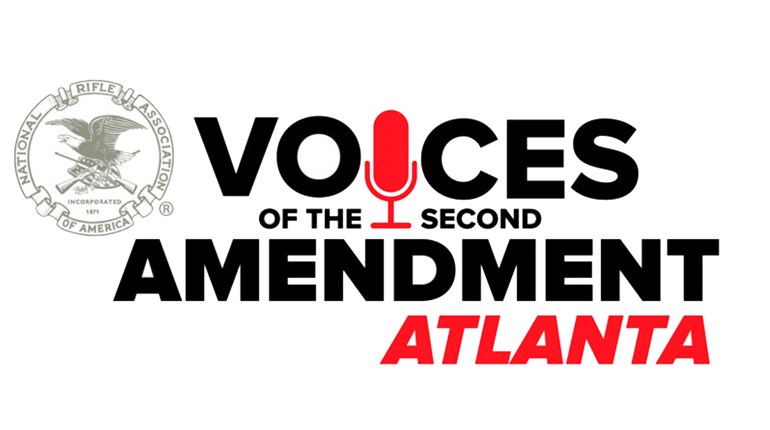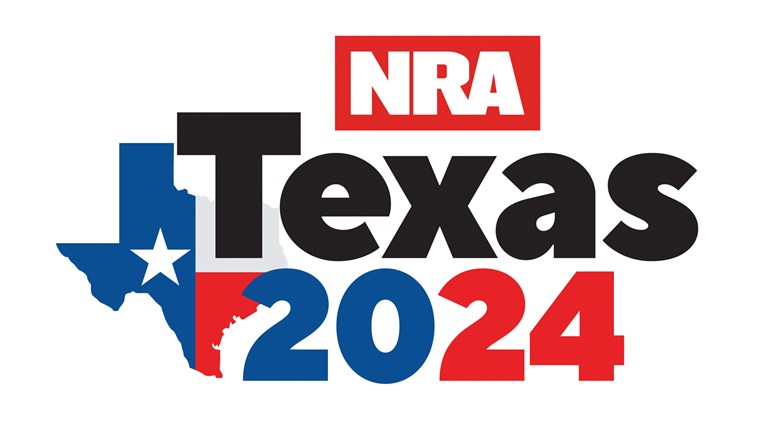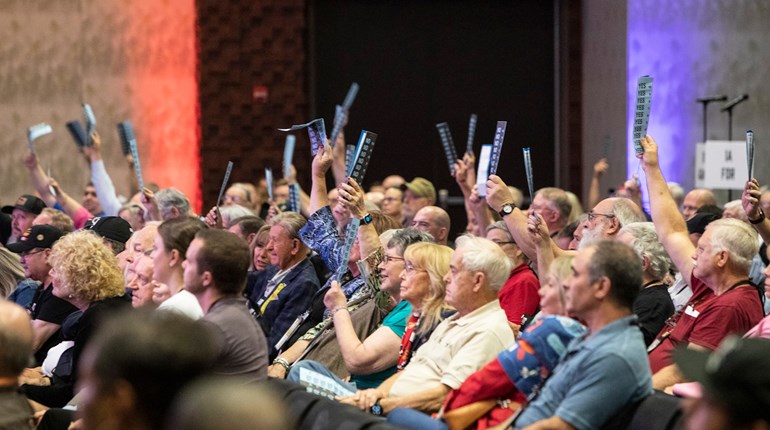
From a vantage point simultaneously exhilarating and perplexing—2016’s NRA Annual Meetings & Exhibits—we’re struck by the contrasts between what we experience, and how those experiences are reported, or at least prognosticated upon, elsewhere. We get the fact that stories drift, for lack of a better term. That they’re deliberately steered off course is increasingly common and unconscionable.
We think this is disproportionately irritating in the context of Carry Life because there’s almost nowhere the mainstream press gets more “off the reservation”: Firearm owners in general, and the folks who care enough to get carry permits in particular, are astonishingly safe and law-abiding. … retained NICS information is what they’re after, and would be a de facto registry.
But don’t expect to hear that reported from the Bluegrass State over the weekend. We hope what follows is some philosophical ammunition for the bent malarkey far more likely to crop up in your local paper or around the water cooler next week.
So-called “universal” background checks—and resistance to same—will be front-and-center in media ruminations. The name-calling and accusations of knuckle-dragging will likely blossom early. Nevertheless, we make no apology for tagging these folks as gun-banners and confiscators poorly disguised: Retained NICS information from universal checks is what they’re after, and would be a de facto registry. That’s only an administrative wave of the hand for folks who still won’t come clean on Fast and Furious, and left Lois Lerner to romp for years. Need we proffer the relationship to confiscation? We thought not. Contending otherwise is simply untrue.
That said, we have a serious point of agreement with this bunch if their goal is a safer, kinder society. The problem is the balderdash they assert that links this safer, kinder society with ever-more-predatory limits on firearms ownership for the law abiding.
Some math helps to put things in perspective. First, firearm ownership is widespread, though a precise tally is difficult for many reasons. But generally accepted numbers are that 100 million Americans own roughly 320 million firearms of all types. If we keep the mechanics simple, this means that only one firearm in every 37,647 is used in a criminal homicide in any given year. If percentages make it clearer, 99.9973 percent of firearms are not. When it comes to the average law-abiding owner, the inconvenient truth is that any type of firearm is abused with astonishing rarity.When it comes to the average law-abiding owner, the inconvenient truth is that any type of firearm is abused with astonishing rarity.
This is why many gun owners find the dogmatic frenzy for universal background checks so frustrating: The likelihood that they will prevent or solve any crime is statistically tiny. Not without reason, they believe law enforcement could wisely be spared these low-yield undertakings. (A note here, for those who think “Such-and-such a poll says XX.X percent of gun owners [and/or NRA members] are in favor of ‘universal’ background checks” is a true statement: Ask this question without the correct context—notice that the actual wording of the question is rarely revealed—and the answer becomes muddy at best, and perhaps grossly untrue at worst.)
Lots of well-meaning people would then assert that every denial still saves a life, but that simply isn’t true, either, and the “why” is all around us. Black markets will always form to provide commodities people—and particularly criminals—want but cannot legally obtain. Remember that meth, heroin and coke, just to name a few, are also illegal—yet ubiquitous. What mechanism will magically start this working with firearms, when it hasn’t worked with anything else? Even under ruthless, multi-generational Communism—complete with routine executions, gulags and the widespread abuse of jurisprudence and mental health care systems—underground economies long endured behind the Iron Curtain.
Again, a little math helps. Let’s say one presidential candidate forces through her ban on the roughly one-third of firearms that she claims are “high-capacity,” “high-powered” or “assault rifles,” and further that, as a result, 99 percent of these firearms actually get turned in. Under these rosy conditions (compliance would probably be nowhere near this high based on experiences in places like California, New York and Connecticut), a 125-year supply would still remain for criminal misuse. And that assumes no “re-cycling”—a common practice among criminal abusers of firearms.
You’ll also never see the mainstream media talk about, or ask politicians about, the particulars of the nirvana they envision when Americans give up their so-called love affair with firearms. Their mechanics of how law-abiding disarmament stops criminals from being criminal is suspiciously vague. In reality, the comparative safety in which the violent could ply their trade would be enhanced: You get more of what you subsidize, and disarming the law-abiding is a crime subsidy. … black markets will always form to provide commodities people—and particularly criminals—want but cannot legally obtain.
This last business ought to be a mega-lumen spotlight on the media’s moth-riddled sense of compassion. The engine of the limitation/confiscation agenda is run on this fuel, yet the octane is strangely varied. If we’re (rightly) trying to save children from accidents, prevent suicides or mass shootings, or just generally “nicen” up, then high octane is available in plenty. But when the time comes to consider the fate of the newly and permanently defenseless, the tank is strangely empty.
What’s so tyrannical about this conveniently variable compassion is the assumption that most victims aren’t actually defenseless, and that flight at least is an option of last resort. If fact-checkable, everyday experience did not render this illusion so cruelly absurd, it would be comical. True believers of this sort never explain how actual protections or alternative defenses would work any better than they do at present. Despite our excellent police forces, meaningful help for most Americans will still be eight to 11 minutes away. Especially for older victims, this may be a disastrous, life-changing, life-shortening interval, even if not instantly fatal. That’s not compassion.
Hoping for a different result in the puppies-and-rainbows post-disarmament world is as daft as it is dishonest, but we forecast you’ll hear a bunch of it this week. The only antidotes we know of are knowledge, patience and a considered vote come November.
Now Carry on.


































